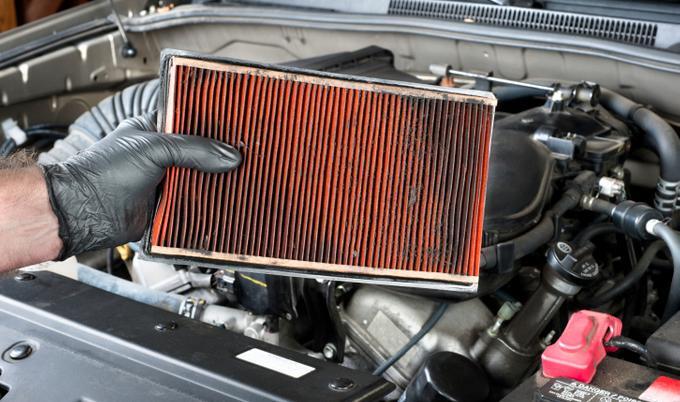
Replacing your car’s air filter is a straightforward DIY task that can significantly improve your vehicle’s performance. The car air filter plays a crucial role in maintaining engine performance and fuel efficiency. Regularly changing the air filter ensures that your engine receives clean air, reducing the strain on the engine and enhancing its longevity.
Many car owners are unaware of how simple and cost-effective it is to replace the air filter. By following a few easy steps, anyone can complete this task without needing to visit a mechanic. This guide will provide you with all the necessary information to confidently undertake this task.
Taking the time to replace your car’s air filter can lead to noticeable improvements in how your car runs. You will likely experience better fuel efficiency, smoother acceleration, and potentially save money on fuel costs. This small investment of time and effort can pay off in numerous ways, making it an essential part of car maintenance.
Understanding Car Air Filters
Car air filters play a crucial role in maintaining engine performance and enhancing fuel economy. Different types of air filters can affect how efficiently an engine operates and its lifespan.
Role and Importance
Air filters are essential components in vehicles, preventing dust, dirt, and other contaminants from entering the engine. They ensure clean airflow, which is critical for efficient combustion. A clean air filter can enhance engine performance by allowing the right amount of air to mix with fuel, leading to optimal combustion.
Proper filtration can also improve fuel economy. By ensuring the engine gets the clean air it needs, it uses fuel more efficiently. Additionally, clean air filters can extend engine life by preventing the entry of harmful particles that could cause wear and tear.
Types of Air Filters
Several types of air filters are available, each with unique attributes. The most common are paper filters, which are inexpensive and easy to replace. These filters capture particles effectively but need frequent replacements.
Foam filters are another type, often used in off-road vehicles. They can be cleaned and reused, making them more durable. Cotton filters, typically found in performance cars, offer high airflow and superior filtration. These filters can be washed and re-oiled, extending their lifespan.
Finally, there are synthetic air filters. These provide excellent filtration and longevity but may come at a higher cost. Each type of filter has its benefits and trade-offs, and the choice depends on vehicle usage and maintenance preferences.
Determining When to Replace Your Air Filter
Regular inspection and adherence to manufacturer guidelines are crucial for knowing when to replace your car’s air filter. This ensures optimal engine performance and fuel efficiency.
Visual Inspection
Performing a visual inspection of the air filter is a straightforward method to determine its condition. A clean filter will appear white or off-white, while a dirty air filter will have visible dirt, dust, and debris. If the filter appears clogged or excessively dirty, it’s time to replace it. In addition, if your vehicle experiences reduced acceleration or fuel efficiency, these can be signs of a dirty air filter. Frequently driving on dusty or unpaved roads can lead to quicker clogging, necessitating more regular checks. Keep an eye out for the check engine light, as this may also indicate an air filter that needs replacing.